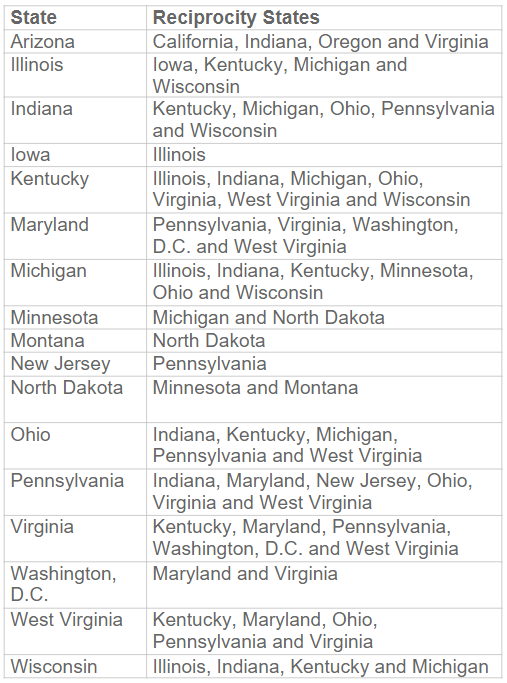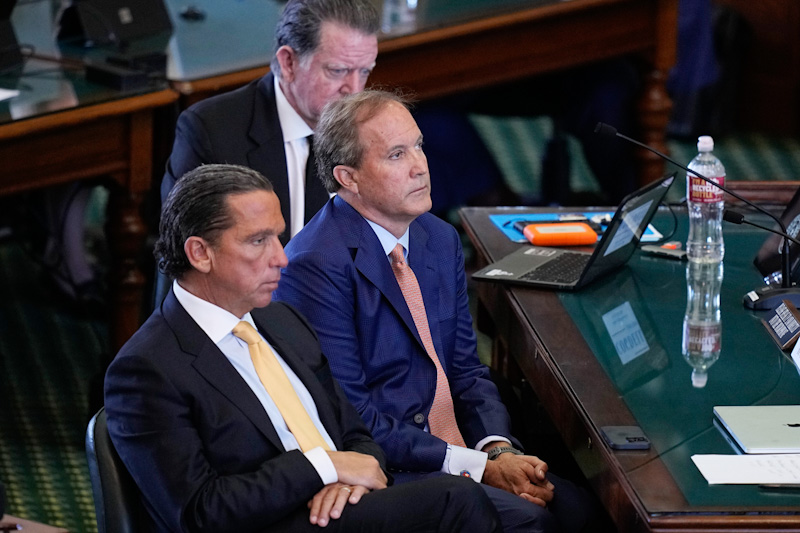Do You Have to Accept an Inheritance?
Ok, this probably seems like an odd question to most people. Who wouldn’t want to accept an inheritance? Wouldn’t adding value to the assets you already have be a positive outcome for everyone?
The truth is that there are some pretty good explanations for why someone might refuse to accept an inheritance, which is a process called “disclaiming.”
Reasons Why Someone Might Not Want to Accept an Inheritance
A person might not want an inheritance because:
- They would prefer the assets go to a different beneficiary like a charity or other loved one of the decedent (person who died), which would allow for the wishes of the deceased person to better achieved.
- The inheritance would affect their ability to qualify for certain types of federal benefits, such as student loans or MassHealth.
- The inheritance may increase the size of their estate and create tax planning issues for their heirs once it’s time to pass assets on.
- Certain assets could push the person into an even higher tax bracket resulting in a very large tax bill.
- They want to avoid the legal and financial responsibilities that come with inheriting property or assets. For example, inheriting a farm would come with a lot of responsibilities and maintenance costs that a person may not be prepared for.
How to Disclaim an Inheritance
Section 2-801 of the Massachusetts Uniform Probate Code and the Internal Revenue Code 2518 outline what has to be done to disclaim an inheritance.
- Put the refusal in writing. Make sure to identify the person who passed away, describe the asset you’re disclaiming, and include the extent and amount, percentage or dollar amount, to be disclaimed. The written disclaimer should be signed and notarized.
- That written refusal must be received by the executor/trustee and probate court within nine months of the person’s passing (or for minors in Massachusetts, within 9 months from the date the recipient turns 18 years old).
- The person disclaiming the inheritance must not have accepted any of the benefits of the property.
What Happens to that Inheritance?
When a person disclaims an inheritance, that person is treated as if he predeceased the decedent, and the property will pass to the next named beneficiary. The person disclaiming the property can have no say in what happens to the property.






